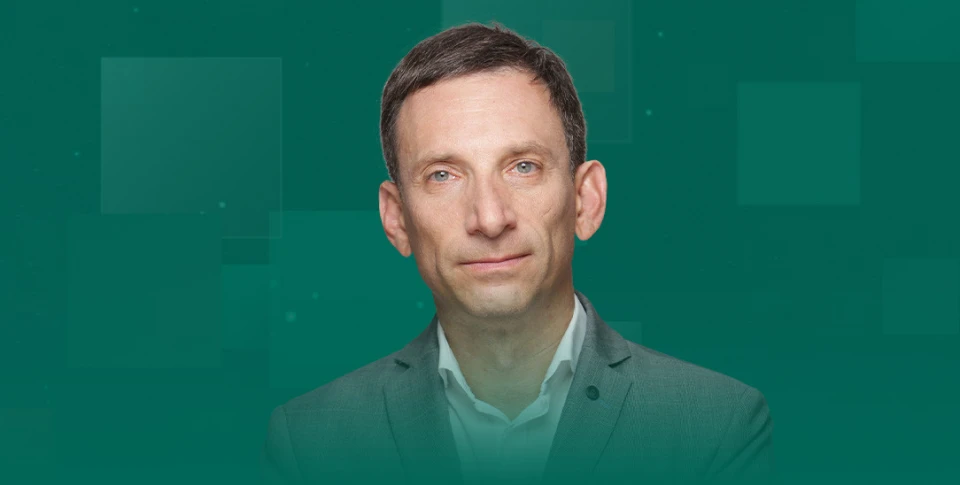
Trump’s peace plan remains unclear, but one point is definitely off the table
It is currently entirely unclear what proposals the U.S. president could make that would interest both Ukraine and Russia and serve as a foundation for long-term peace between the two warring states
U.S. President Donald Trump's Special Representative for the Russian-Ukrainian Conflict, Keith Kellogg, denied reports that he would present the U.S. peace plan at the upcoming Munich Security Conference. Kellogg emphasized that only Donald Trump can present such a peace plan, and his staff's task is to assist the U.S. president in developing the points of the plan.
"Indeed, if Kellogg were to present the peace plan at the Munich conference, it would be seen as a clear disrespect to Ukraine. The special representative is set to visit Kyiv only after speaking at the conference in Munich. At the same time, it remains completely unclear when Trump will unveil the plan he intends to propose to Moscow and Kyiv."
Kellogg himself states that his task is to consult with European leaders and provide recommendations to the U.S. president. The special representative doesn't even mention the need to discuss the preliminary points of the peace plan with Russian representatives.
Earlier, Keith Kellogg mentioned that he could visit Moscow if invited by the Russian capital. However, there are no indications that the Russian leadership is ready to meet with the U.S. president's special representative. Although, in recent days, the Russian president's administration has acknowledged for the first time contacts with representatives of the new U.S. administration regarding the end of the Russian-Ukrainian war.
General Kellogg's words indicate that the U.S. president currently has no developed peace plan, and no one can say when it will appear. It is also completely unclear whether Trump's plan will be based on prior consultations with the presidents of Ukraine, Russia, and European leaders. Will Trump limit himself to preliminary consultations with the leadership of Ukraine, EU countries, and the UK? Or will he only propose a peace plan after meeting with Russian President Vladimir Putin? Or perhaps Trump will try to bring some points of his peace plan, agreed with allies, to such a summit - though, again, no one knows when it will take place.
In any case, it is becoming clear that work on such a peace plan may take much longer than originally expected by the U.S. president and his adviser. Media reports are increasingly indicating that the relationship between Donald Trump and Putin has seriously deteriorated, particularly because the U.S. president has realized that the Russian leader is unwilling to end the war against Ukraine within any reasonable timeframe. This, of course, puts the U.S. president in a rather awkward position, especially considering his campaign promises to end the Russian-Ukrainian war in 24 or 48 hours.
"Putin is not ready to meet Trump even when it comes to a much longer period during which at least an agreement on halting the Russian-Ukrainian conflict could be reached. And, of course, it is still completely unclear what proposals from the U.S. president could interest both Ukraine and Russia and serve as a foundation for long-term peace between the two warring states."
One thing that will definitely not be in Trump's peace plan is a provision for Ukraine to regain nuclear weapons. President Volodymyr Zelenskyy recently mentioned this possibility in one of his many interviews over the past months. However, Keith Kellogg specifically emphasized that the idea of Ukraine regaining nuclear weapons is unrealistic and that everyone understands it will not happen. Kellogg suggested focusing on realistic solutions and stated that returning nuclear weapons to Ukraine is not a way out of the current situation.
I agree with the U.S. president's special representative. Even if Ukraine were to acquire a nuclear arsenal, its size compared to Russia’s would not be a solution that guarantees the final end of the Russian-Ukrainian war.
Nuclear states still engage in wars, and the decisive factor is the scale of their nuclear capabilities. Russia can compete on the global stage only with the United States, not with other nuclear-armed countries.
But if we acknowledge that Ukraine will not regain nuclear status and that such status would not have prevented the war had chauvinistic ideas in Moscow intensified, then we must ask the U.S. president’s special representative - and Donald Trump himself, who is working on the peace plan - where is the solution? What kind of solution would truly ensure that the Russian-Ukrainian war is over and will not start again?
As is well known, even basic logic - not just political but even childlike reasoning - indicates that the only solution for long-term peace in the post-Soviet space is Ukraine’s Euro-Atlantic integration. However, Donald Trump firmly opposes such integration and Ukraine receiving security guarantees from a nuclear alliance. He also states that he understands Russia’s concerns about Ukraine’s Euro-Atlantic aspirations - an argument that contradicts even basic logic, let alone political reasoning.
Therefore, following Keith Kellogg’s statements, we must ask Donald Trump and his team: where is the solution to the Russian-Ukrainian war? A solution that would allow us to hope for its conclusion and prevent its recurrence in the near future? Because according to the logic we hear from the new U.S. administration, it seems there is simply no solution at all.
About the author. Vitaly Portnikov, journalist, laureate of the Shevchenko National Prize of Ukraine.
The editors don't always share the opinions expressed by the blog authors.
- News












































